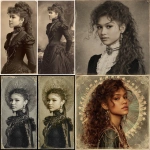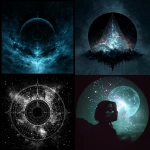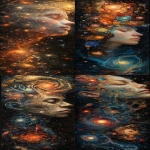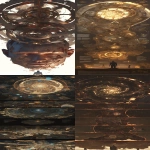Explore the Best AI Image Gallery
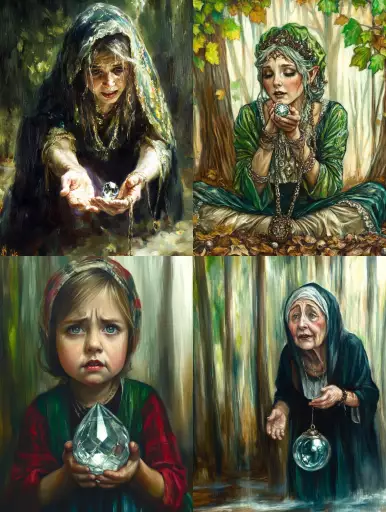
Quantum Creativity: Where Quantum Computing Meets Artistic Expression
The world of art has always been a realm of exploration and innovation, constantly pushing boundaries and challenging conventional norms. Today, a new frontier is emerging – one where the principles of quantum mechanics intersect with creative expression. Quantum computing, with its ability to process information in fundamentally different ways than classical computers, is poised to revolutionize the creative industry, opening up exciting possibilities for artists, designers, and innovators alike.
Unlocking New Artistic Dimensions
Imagine a world where AI algorithms, powered by quantum processors, can generate breathtakingly intricate artwork, compose symphonies that transcend human comprehension, or design immersive virtual reality experiences unlike anything ever seen before. This is the potential of quantum computing in the creative realm.
- Generative Art: Quantum algorithms can analyze vast datasets of artistic styles and patterns to create entirely new, unique artworks that blur the lines between human and machine creativity.
- Music Composition: Quantum computers can explore complex harmonic structures and musical arrangements, composing symphonies, soundtracks, or even personalized music tailored to individual moods and preferences.
- Virtual Reality Design: Immersive virtual reality experiences can be enhanced by quantum computing, creating hyperrealistic worlds with dynamic environments that respond to user interactions in unprecedented ways.
Revolutionizing Design Processes
Beyond artistic creation, quantum computing has the power to streamline and revolutionize design processes across various industries.
- Material Science: Quantum simulations can help researchers design new materials with specific properties, leading to breakthroughs in fields like aerospace, energy, and medicine.
- Fashion Design: Quantum algorithms can analyze trends, predict consumer preferences, and even generate innovative textile patterns, transforming the fashion industry.
- Architecture: Architects can leverage quantum computing to optimize building designs for efficiency, sustainability, and aesthetic appeal.
Ethical Considerations in Quantum Creativity
As with any powerful technology, the integration of quantum computing into the creative industry raises important ethical considerations:
- Ownership and Copyright: Who owns the copyright to artwork generated by quantum algorithms? How do we define authorship in a world where machines can create?
- Bias and Fairness: Quantum algorithms are trained on data, which can contain biases that reflect societal inequalities. Its crucial to ensure that creative outputs are not perpetuating harmful stereotypes or discrimination.
- Accessibility and Equity: The benefits of quantum computing should be accessible to all, not just a select few. We need to strive for equitable access and ensure that the technology empowers diverse voices in the creative community.
Future Trends in Quantum Creativity
The field of quantum computing is rapidly evolving, with continuous advancements pushing the boundaries of whats possible. Here are some exciting future trends to watch:
- Quantum-Enhanced AI: Integrating quantum computing into AI algorithms will lead to even more sophisticated creative applications, enabling machines to understand and respond to human emotions, generate hyperrealistic imagery, and compose music that evokes powerful feelings.
- Quantum Sensors for Artistic Expression: Quantum sensors can measure subtle changes in the environment, such as biofeedback or emotional states. These measurements can be used to create interactive art installations that respond to viewers presence and emotions, blurring the lines between artist, artwork, and audience.
- Decentralized Creative Platforms: Blockchain technology combined with quantum computing could empower artists by enabling them to directly connect with their audiences, control their intellectual property, and receive fair compensation for their work.
Quantum creativity is a fascinating frontier that promises to reshape the artistic landscape. As quantum technology continues to advance, we can expect even more groundbreaking applications that will redefine the boundaries of human imagination and inspire new forms of artistic expression.
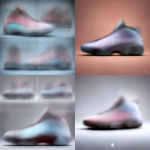

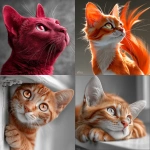



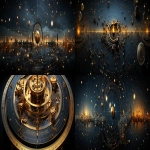

](https://images.ai-img.art/thumbnails/150/d912741b1ab16ff573f976b1d875060fed0db91bf03973bae8f91338eb0863a8.webp)

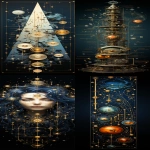
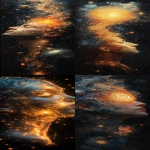
](https://images.ai-img.art/thumbnails/150/0349dd8cf310ed10eba1fc74a6f316b8982c8c2bda7e033d1c1e3dc87d849258.webp)
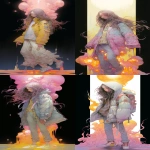
](https://images.ai-img.art/thumbnails/150/6ac2c201a41e2b8724571746d5719f3f25acc52d87a2077f62dcbae44495108e.webp)
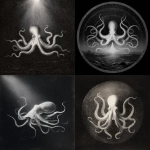
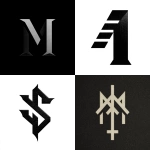
](https://images.ai-img.art/thumbnails/150/ddfcd3cfcd96dd8d48f26fc2a0406d5daa1e8ff5c17fd91de6502c7107ca08ac.webp)


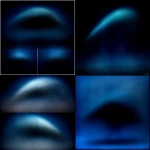


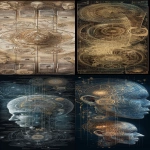


](https://images.ai-img.art/thumbnails/150/99160160c478b524ba92aa139b5b6aef0be4f3368720294c1dc3fe8fc4cbdd90.webp)

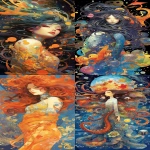
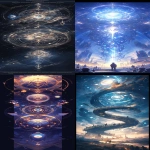
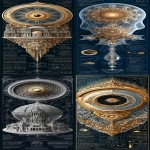

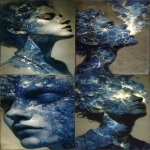
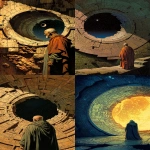
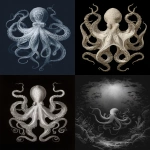



](https://images.ai-img.art/thumbnails/150/c567a1358478083ae41a0cfe6091474ff06e613a84b6c29ca3a26beb2bd76142.webp)




